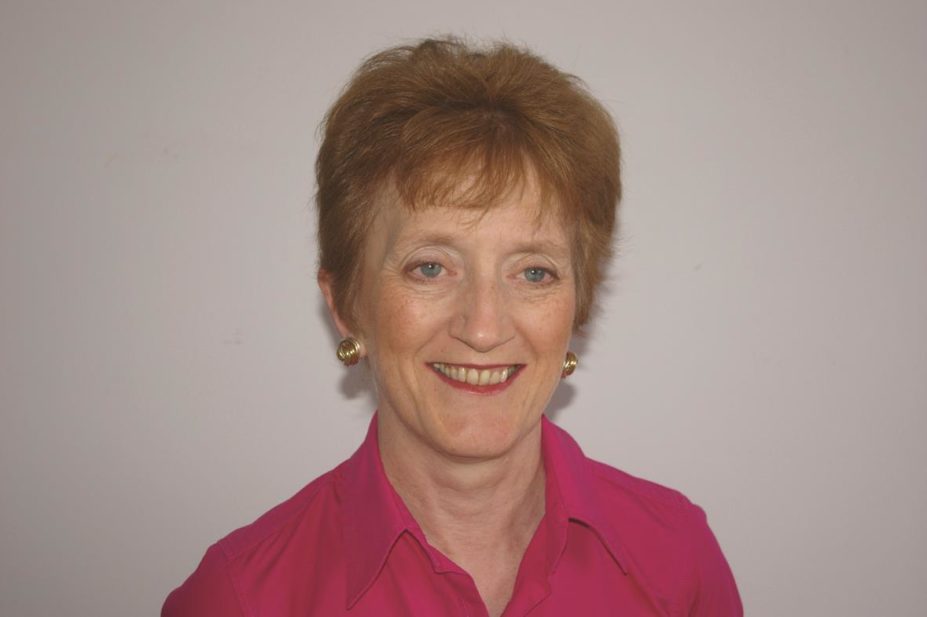
When I first qualified as a non-medical prescriber, the emphasis was very much on choosing an area to specialise in and then run a clinic, either in a local surgery, a community pharmacy or both if there was enough demand. I have spent the past seven years doing just that and currently work with four local surgeries, with my own group of patients that I look after through annual chronic disease reviews.
I am not sure the initial vision for pharmacist prescribing stretched any further than that. My clinics were funded as a pilot scheme that would eventually blossom into something more permanent (although I didn’t know that at the time).
Now, in Scotland, there is a vision for all pharmacists to become prescribers (according to the Scottish Government’s ‘Prescription for excellence’ plan for pharmacy) and to expand our clinical role so that we can contribute to the overall care of patients within the healthcare system. One of the initiatives being proposed is “polypharmacy reviews” for people such as those in care homes or those designated as the “frail elderly” in the community. Primary care pharmacists are already undertaking these reviews and will, in the near future, help train community pharmacists to take up this role, starting with those already qualified as prescribers and then extending to those community pharmacists who are interested but perhaps lack confidence in applying their clinical knowledge.
This initiative is still very much in its infancy but does suggest that the profession could potentially take a leap towards becoming a more fully integrated service within the current healthcare model.
However, you might be thinking: “How can I find the time to do this within my already heavy workload?” There are a number of potential solutions, for example, there could be a second pharmacist or more checking technicians and dispensers (employers and managers take note). Also, having hub pharmacies take on the bulk of medicines supply could help reduce the pressure of dispensing and checking prescriptions and, of course, direct access to patient notes is pivotal if polypharmacy reviews are to be conducted properly and smoothly. These changes to our practice would help free our time to speak to targeted patients in a more formal setting and allow pharmacist prescribing, when appropriate, and the timely updating of the patient’s practice records.
In an ideal world, we would see greater demand for pharmacist prescribers and a corresponding increase in the number of pharmacists undertaking the qualification. But we are not there yet. With uncontrolled pharmacy student numbers adding to the oversupply-of-pharmacists problem, we need new roles for pharmacists now more than ever. Perhaps Scotland’s vision of making all pharmacists prescribers could be the lifeline pharmacy desperately needs.
Valerie Sillito, MRPharmS is a community pharmacist in Aberdeen

